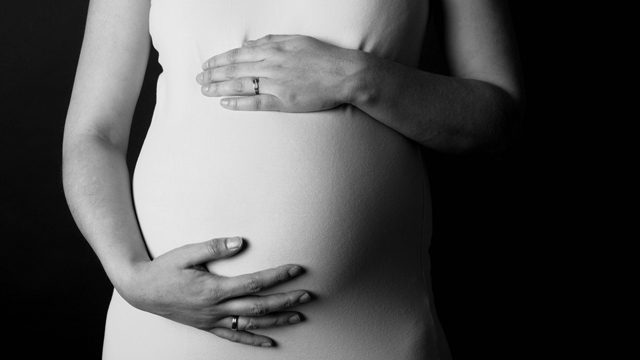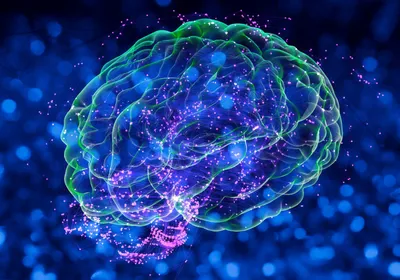 FLICKR, TATIANA DVPMothers who take selective serotonin reuptake inhibitors (SSRIs), a class of commonly used antidepressants, while pregnant have babies with distinct structural changes to their brains, researchers report today (April 9) in JAMA Pediatrics. MRI scans of the babies’ brains revealed exposure to the drugs in the womb increased the volumes of the babies’ amygdalae and insular cortices—regions that play a role in processing emotions.
FLICKR, TATIANA DVPMothers who take selective serotonin reuptake inhibitors (SSRIs), a class of commonly used antidepressants, while pregnant have babies with distinct structural changes to their brains, researchers report today (April 9) in JAMA Pediatrics. MRI scans of the babies’ brains revealed exposure to the drugs in the womb increased the volumes of the babies’ amygdalae and insular cortices—regions that play a role in processing emotions.
“Hopefully these results highlight the fact that something could be going on here,” study coauthor Claudia Lugo-Candelas, a postdoctoral research fellow at Columbia University tells Time. “They point to the fact that there is a signal—we don’t know what it means, or don’t know how long it might last. But we know it’s worth studying.”
The number of women using SSRIs while pregnant is increasing, but not much is known about how the medication might affect the brains of developing babies. Studies in animals suggest exposure to SSRIs can change the offspring’s brain circuitry and lead to depressive-like behaviors and anxiety later in life.
In the new study, Lugo-Candelas and her colleagues studied the brains of 98 human infants, 16 babies whose mothers were treated ...




















